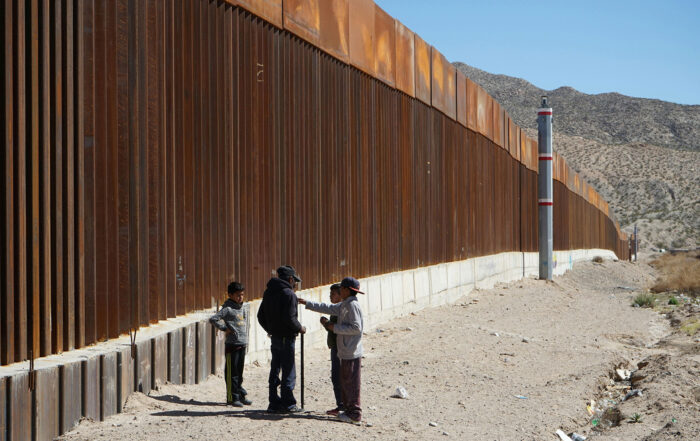
By Melanie Warner
Each time a high-profile mass shooting happens in America, a grieving and incredulous nation scrambles for answers. Who was this criminal and how could he (usually) have committed such a horrendous and inhumane act? A few details emerge about the individual’s troubled life and then everyone moves on.
Three years ago, Jillian Peterson, an associate professor of criminology at Hamline University, and James Densley, a professor of criminal justice at Metro State University, decided to take a different approach. In their view, the failure to gain a more meaningful and evidence-based understanding of why mass shooters do what they do seemed a lost opportunity to stop the next one from happening. Funded by the National Institute of Justice, the research arm of the Department of Justice, their research constructed a database of every mass shooter since 1966 who shot and killed four or more people in a public place, and every shooting incident at schools, workplaces and places of worship since 1999.
Share This Post!
Children, Teens Are in a ‘Mental Health State of Emergency,’ Child Health-Care Groups Warn
By Alyson Klein There’s been a quieter, parallel pandemic happening alongside COVID-19: a spike in significant mental health problems among young people, spurred by isolation, uncertainty, fear, and grief. Mental health [...]
Making the Connection: Trauma and Substance Abuse
Data from the most recent National Survey of Adolescents and other studies indicate that one in four children and adolescents in the United States experiences at least one potentially traumatic event before [...]
Helping immigrant children heal
Twenty years ago, Hami Torres fled Mexico at age 13, her 11-year-old brother in tow. Terrified, they trekked for hours with a group of older strangers through desert scrub that slashed Hami's [...]
What is test anxiety and how can we support students when they experience it?
As the first day of school approaches, parents and children gather their backpacks as educators finalize lesson plans and ready their classrooms. The new school year offers a fresh start for students [...]
Managing stress during the COVID-19 pandemic
While we are all focusing on taking care of our physical health as the outbreak of COVID-19 develops, it’s also important to keep our mental health a priority. When there is a [...]
Integrating parents with trauma histories into child trauma treatment: Establishing core components.
To identify core components of parent/caregiver integration into evidence based child trauma treatment models, specifically those parents/caregivers who have experienced trauma themselves. The Parent/Caregiver Trauma and Healing Coordinating Group (PCTHCG) of the [...]







